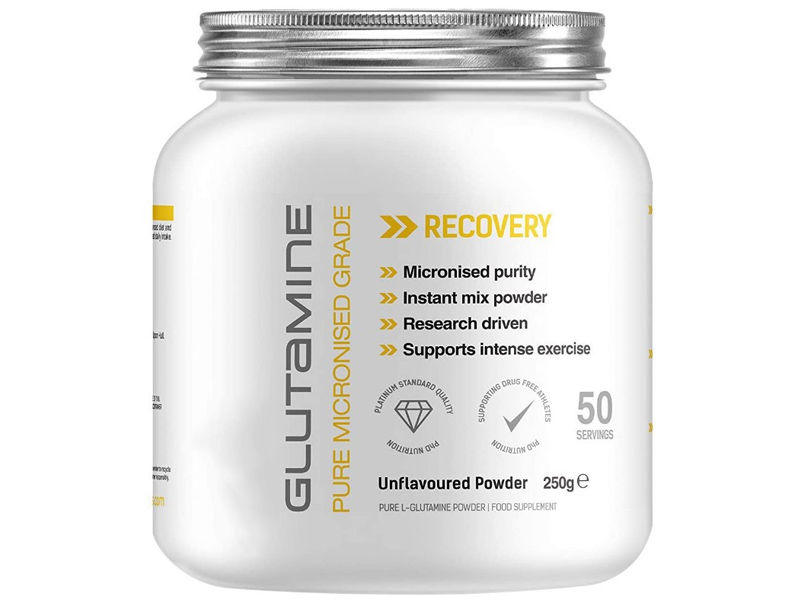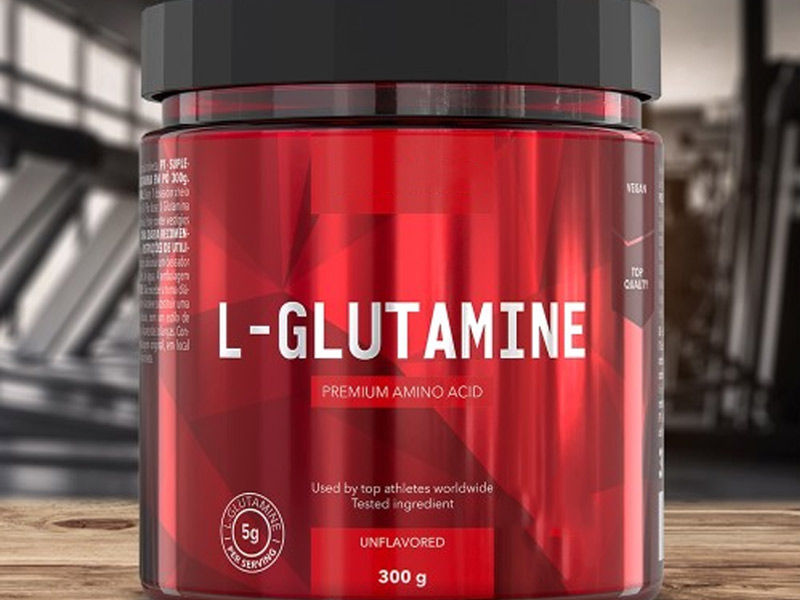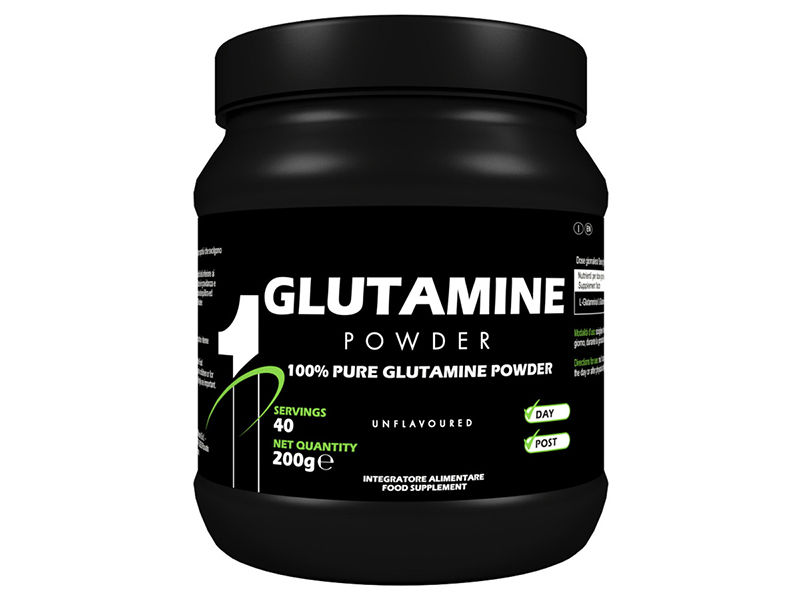Glutamine is a vital amino acid that serves numerous activities in the body. It is a protein-building block and an important component of the immune system. Furthermore, glutamine plays an important role in intestinal health. This amino acid is produced naturally by your body and can also be found in various foods. However, you may be confused about whether you require more glutamine from supplements for optimal health.
The amino acid glutamine is the most plentiful in human bodies. It helps to support a variety of healthful functions, including:
- Protein synthesis for muscular tissue
- Providing energy to cells that protect our intestines
- Immune system cell support
- Assisting in the detoxification of foreign toxins from the liver
- Your body produces glutamine, but we can get it from wheat, peanuts, corn, and milk. Deficiency is extremely rare and is caused by a hereditary condition rather than a lack of intake.

However, evidence suggests that taking glutamine supplements may have some health benefits. Experts continue to investigate the amino acid’s ability to prevent or treat certain illnesses.
What Exactly Is Glutamine?
Glutamine is a kind of vital amino acid. Amino acids are chemicals that have numerous functions in the body.
Their primary function is to act as protein-building components. Proteins are essential for organ function. They also transport molecules in the blood and fight off dangerous viruses and germs.
Like many other amino acids, it is available in two forms: L-glutamine and D-glutamine. Except for a minor change in a molecular organization, they are almost identical. Some supplements and medicines call it L-glutamine, while others just call it glutamine.
The Amazing Glutamine Benefits

While our bodies produce the glutamine we need to operate, we may require extra when stressed due to injury or disease.
Many clinical studies have shown that glutamine helps alleviate the side effects of cancer treatments such as muscular atrophy, mouth inflammation, nausea, vomiting, and diarrhea. Supplementation has also been associated with shorter hospital stays and lower rates of mortality in unwell patients.
These conclusions are reinforced by research on the health impacts of glutamine, which includes:
1. Immune System Aid
Glutamine is the principal energy source for lymphocytes, which are white blood cells that fight infection and sickness in the body. However, when we are sick or injured, our blood glutamine levels drop, decreasing the ability of these immune cells to defend our bodies.
While there is contradictory evidence on whether it increases immunity in healthy people, studies show that it can enhance recovery times and prevent problems when you are sick.
2. Intestinal Health Regulation
The immune system support provided by glutamine is intimately tied to its activity in our intestines. The amino acid aids in the maintenance of your intestinal lining, ensuring that your body absorbs the nutrients it requires, so maintaining good health and protecting against major diseases such as leaky gut syndrome.
Because our stomach is the greatest organ in our immune system, some experts believe glutamine may help immunity. There is evidence that glutamine supplementation may aid persons with gastrointestinal diseases such as Crohn’s disease, celiac disease, and gut inflammation.
3. Help with Muscle Recovery
Glutamine is required for muscle protein maintenance. It first gained fame as a muscle-building and fat-burning supplement. Scientists are still investigating these claims. While studies have yet to establish any muscle-building effects, they may reduce fatigue and improve exercise recovery.
According to research, athletes who supplemented with glutamine experienced decreased muscular discomfort and strength loss. It may also prevent muscle damage and improve workout performance, but research into these effects is ongoing.
4. Inconspicuous Necessity for L-Glutamine
Because glutamine accounts for the lion’s share of the muscle amino pool, it is required to repair and rebuild the muscle in particularly significant quantities. What happens is that as we use our muscles more in our daily activities, they become injured. Muscle growth is hampered when muscle protein synthesis falls short of muscle protein degradation.
Also Read, Take your Muscles to the Next level with BCAAs
The Side effects of Glutamine
Because glutamine is produced by our bodies and is found in many foods, it is deemed safe at moderate levels. However, there are a few potential side effects, so consult and discuss with your doctor before incorporating glutamine into your diet. Before using glutamine, you should be aware of the following potential risks:

Long-Term Supplementation
Over time, a high consumption may alter how our systems transport and utilize amino acids, including glutamine. This change’s long-term impact is uncertain, although it may increase the chance of health problems.
Risky Side Effects
While uncommon, high levels of glutamine might result in some side effects that necessitate medical care, such as blood in the urine, changes in skin color, lower back pain, fast heartbeat, dizziness, or rash.
Mild Adverse Reactions
Adding a glutamine supplement to your diet may result in some minor negative effects. Coughing and abnormalities in bowel movements are the most prevalent side effects.
Begin with minimal dosages to allow your body to acclimate to the supplement, but consult your doctor if the discomfort is severe or persistent, as you may have an allergy.
Dosage and Amounts
The amount and frequency with which you take glutamine are determined by the purpose you are taking it. Clinical trials typically employ doses ranging from 5 to 45 grams per day for up to six weeks with no significant side effects.
Researchers estimate that we ingest 3 to 6 grams each day in our diet. Because the long-term effects of high glutamine intake are strange, supplement your diet with small amounts as directed by the product’s instructions. But first, consult with your doctor to ensure that it is safe for your health.

























